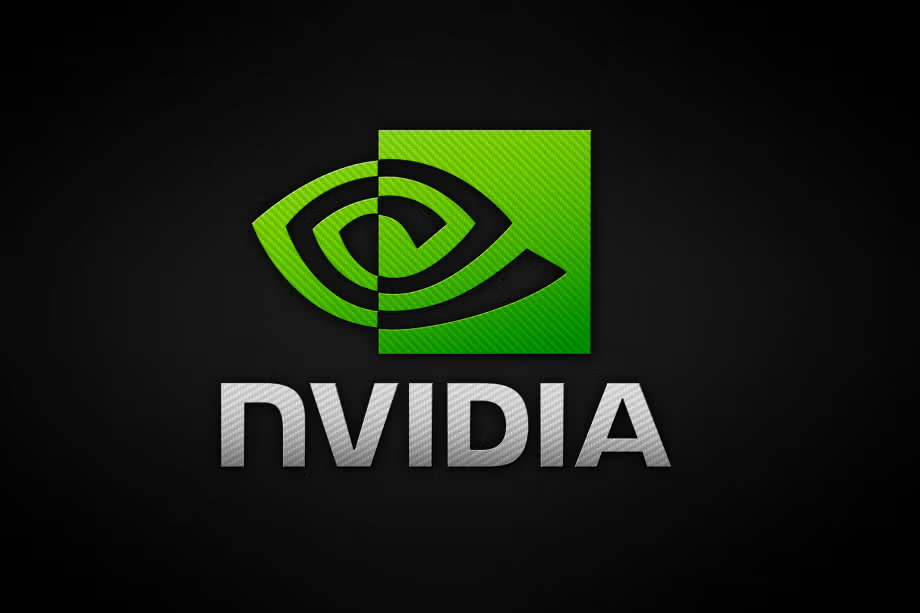Nvidia's ascent to a $5 trillion valuation marks a historic milestone, underscoring the profound impact of the artificial intelligence (AI) revolution on the global economy. The chipmaker's achievement, attained in late October 2025, positions it as the first company ever to reach such a valuation, surpassing tech giants like Microsoft and Apple. This surge reflects Nvidia's dominance in the AI chip market and the ravenous demand for its cutting-edge technology.
Driving Factors Behind the Surge
Several factors have converged to propel Nvidia's remarkable growth. The primary driver is the exponential expansion of the AI market, which is projected to reach trillions of dollars in the coming years. Nvidia's GPUs are the backbone of AI infrastructure, powering everything from data centers to autonomous vehicles. The company holds a commanding market share in AI chips, estimated to be between 80% and 92%. This dominance is attributed to its technological advantages, proprietary CUDA software platform, and strategic partnerships with major AI companies and governments.
Nvidia's financial performance reflects its strong market position. In the fourth quarter of fiscal year 2025, the company reported revenue of $39.3 billion, a 78% increase year-over-year. Its data center revenue, fueled by AI demand, soared by 93% to $35.6 billion. For the full fiscal year 2025, Nvidia's revenue reached $130.5 billion, a staggering 114% increase from the previous year. The company's earnings per share have also seen tremendous growth, tripling in just three years.
Nvidia's Expanding Influence
Nvidia's influence extends beyond its financial success. The company's technology is shaping various industries, including gaming, automotive, healthcare, and finance. Its chips are used in over 75% of the world's top 500 supercomputers. Nvidia is also investing heavily in research and development, pushing the boundaries of AI and computing. CEO Jensen Huang's vision and leadership have been instrumental in driving the company's innovation and growth. His net worth has soared, making him one of the world's richest individuals.
As Nvidia's valuation has climbed, its influence on equity indexes has become more pronounced. The company now represents a significant portion of the S\&P 500, surpassing the combined weight of many other members. This underscores Nvidia's importance to the overall market and its impact on investor portfolios.
Challenges and Competition
Despite its dominance, Nvidia faces challenges and increasing competition. The AI chip market is attracting significant investment, with companies like AMD and Broadcom vying for market share. Nvidia's high growth rates are difficult to sustain, and competition could erode its market share over time. The company also faces export restrictions on AI chips to China, impacting its revenue in that region. To address these challenges, Nvidia is expanding its software support, diversifying its product offerings, and investing in new technologies. The company is also working to maintain its technological edge through continuous innovation.
Future Outlook
The future looks bright for Nvidia, as the AI revolution continues to unfold. The demand for AI chips is expected to remain strong, driven by the increasing adoption of AI across industries. Nvidia's next-generation GPUs, such as the Blackwell series, are expected to further boost its performance and competitiveness. While competition will likely intensify, Nvidia's strong market position, technological优势, and strategic partnerships should enable it to maintain its leadership in the AI chip market.
Nvidia's $5 trillion valuation is not just a story about corporate success; it signifies a fundamental shift in the global economy, where data, knowledge, and compute are becoming the primary drivers of growth and national power. As AI continues to transform industries and societies, Nvidia is poised to play a central role in shaping the future.

















